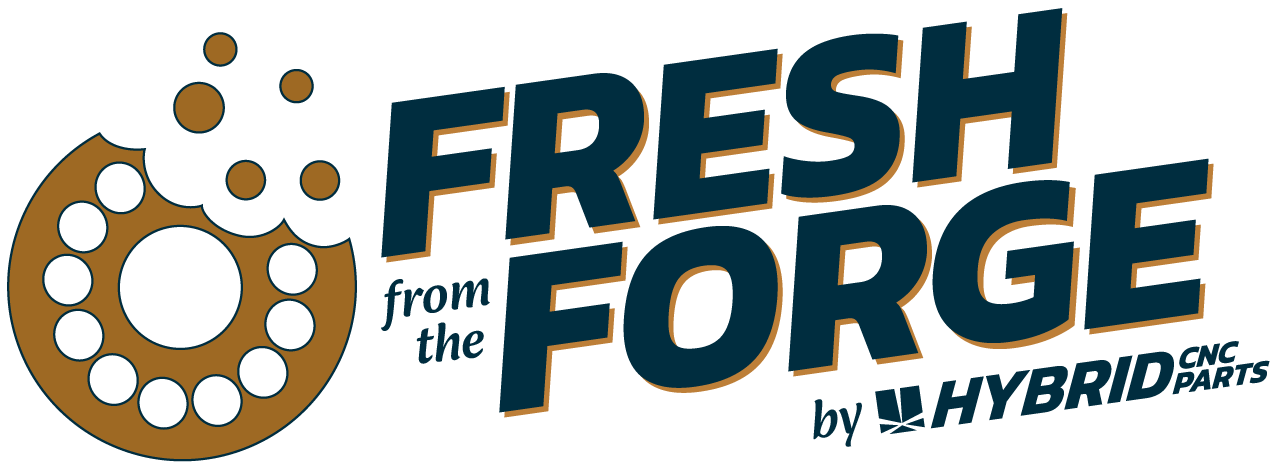Advanced manufacturing differs from conventional manufacturing in several key aspects, including:
Technology Integration: Advanced manufacturing incorporates cutting-edge technologies such as automation, robotics, artificial intelligence, additive manufacturing (3D printing), and the Internet of Things (IoT) into the production process. Traditional manufacturing, on the other hand, relies more on manual labor and conventional machinery.
Customization and Flexibility: Advanced manufacturing enables greater customization and flexibility in production. With advanced technologies, manufacturers can easily adapt to changing customer demands and produce highly personalized products. Traditional manufacturing, while capable of customization to some extent, is generally more suited for mass production of standardized goods.
Efficiency and Productivity: Advanced manufacturing emphasizes efficiency and productivity improvements through optimized processes, reduced waste, and enhanced resource utilization. Traditional manufacturing may have higher labor costs, longer production cycles, and lower overall efficiency levels.
Innovation and Speed-to-Market: Advanced manufacturing fosters innovation and rapid speed-to-market. By leveraging advanced technologies, manufacturers can develop and launch new products more quickly, gaining a competitive edge. Traditional manufacturing may have longer lead times due to manual processes and slower innovation cycles.
Sustainable Practices: Advanced manufacturing prioritizes sustainability by minimizing waste, energy consumption, and environmental impact. Traditional manufacturing methods may be less environmentally friendly due to higher resource consumption and waste generation.
In general, advanced manufacturing combines technological advancements, customization, efficiency, innovation, and sustainability to transform the manufacturing landscape and meet the demands of a rapidly changing global market.

